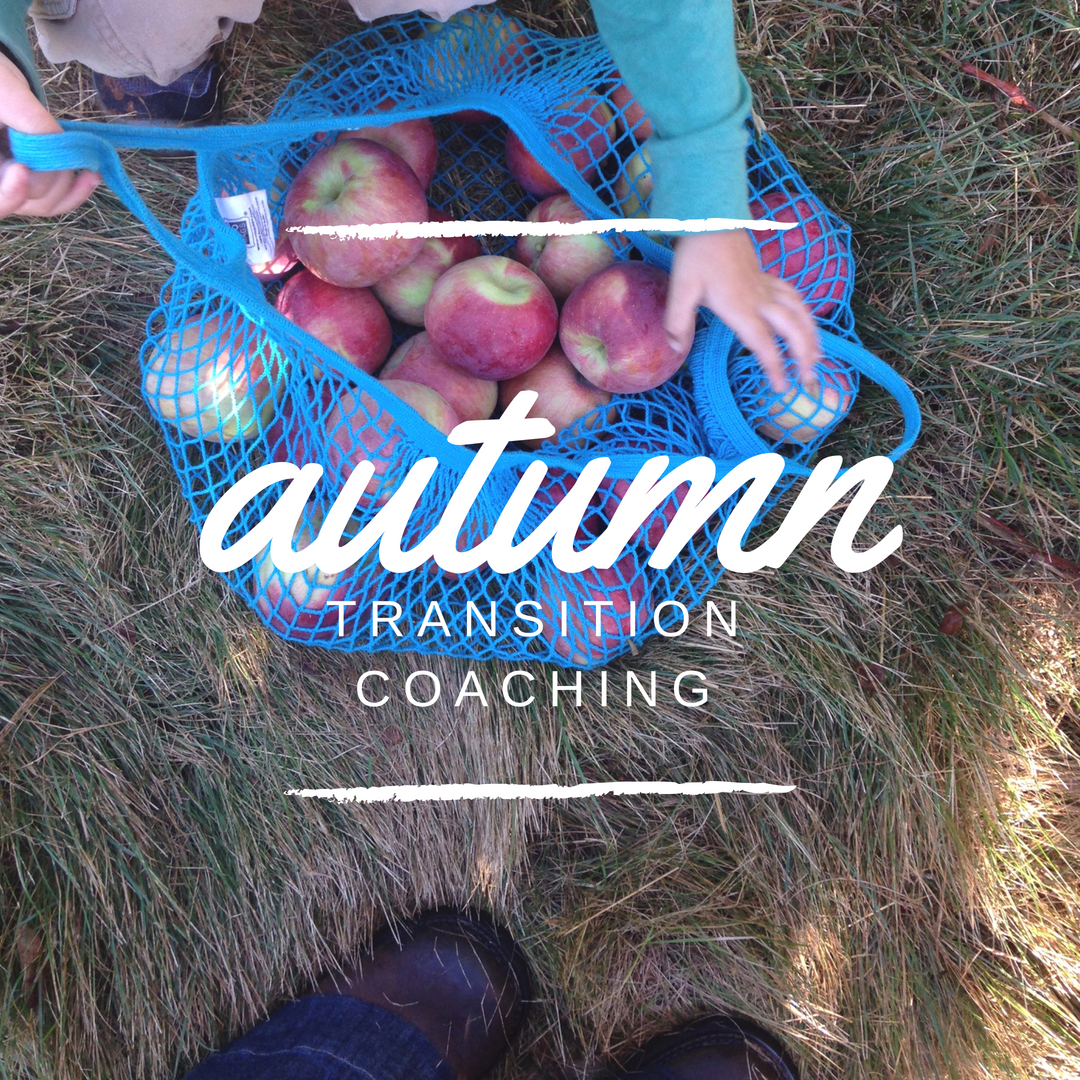What does “scope of practice” mean?
The scope of practice outlines the actions (or procedures) that a practitioner is permitted to take in accordance with their professional license or the ethics of their profession.
Why is it important to health and wellness coaches?
Health and wellness coaches, like any practitioner, need boundaries and a container for their work. The scope of practice helps define what health and wellness coaching is and how a practitioner can practice within that profession. The scope of practice for health and wellness coaches helps support and guide them in the face of confusing situations. It is also a reminder of the profession's values and intent.
ICHWC Scope of Practice
How does the scope of practice relate to ethics and, specifically, the ICF/ICHWC Code of Ethics?
A Health and Wellness Coach must practice within the scope of practice in order to conduct themselves ethically. Practicing outside the scope of practice as a Health and Wellness Coach can lead clients to misunderstand the abilities of the coach(coaching) and can undermine the work of other coaches. The ICF code of Ethics elaborates on the Health and Wellness Coaches scope of practice. It gives specific details on how a coach can coach within the scope of practice, meet their client's needs, and the standards of the profession.
https://coachfederation.org/code-of-ethics
https://ichwc.org/wp-content/uploads/2015/03/Final-Code-of-Ethics-Feb-1-ICHWC.pdf
How does it relate to the ICF and ICHWC competencies?
Coaches who can practice health and wellness coaching with skill in the ICF and ICHWC competencies will have no need to breach the code of ethics or scope of practice in order to serve their clients. Meeting and exceeding these competencies naturally leads to strong coaching abilities within the scope of practice.
Health and Wellness Coaching is a new profession and practitioners can call themselves health and wellness coaches without adhering to the scope of practice or the practicing the ICF and ICHWC competencies. Coaches who meet the competencies will experience deeper more sustainable results with their clients and naturally practice within the scope of practice.
https://coachfederation.org/core-competencies
How does the scope of practice relate to information sharing?
The scope of practice is especially important to information sharing. As a coach, I see my primary role as helping my clients become more in touch with their own intuition and confidence that they have the resources within themselves to live a life of wellness. When I provide information I can rob the client of the confidence that comes from arriving there themselves. The scope of practice illustrates that regular information sharing is not health and wellness coaching, but that some information can be shared when it is in the client’s best interest. A coach adhering to the scope of practice, the ICF and ICHWC code of ethics, and skilled in the ICF and ICHWC competencies will be able to share information in support of their clients and help clients find the information themselves to build their own skills and confidence. The scope of practice also highlights that if a coach holds active and nationally recognized credentials they may provide expert guidance related to that topic.




